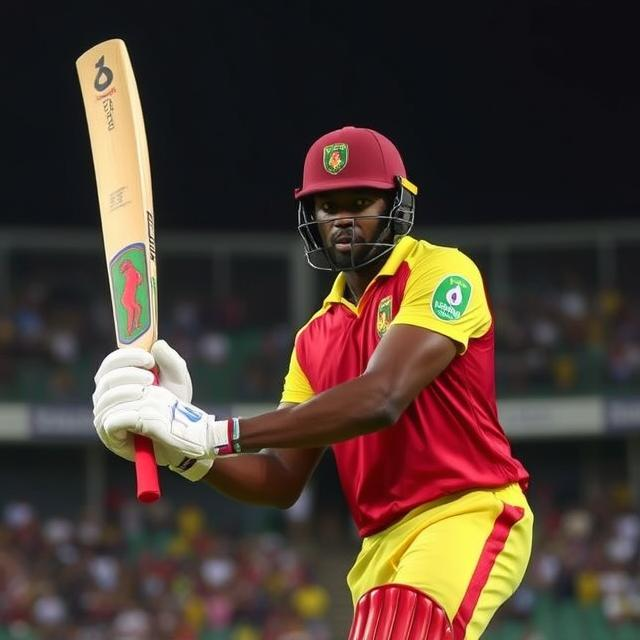ICC Cricket World Cup Balls Manufactured in Pakistan: A Deep Dive
ICC Cricket World Cup Balls Manufactured in Pakistan: A Deep Dive
Cricket fans around the globe are captivated by the electrifying clashes in the Cricket World Cup. The balls themselves, often the unsung heroes of these grand tournaments, play a crucial role in shaping the outcome. This article explores the fascinating story behind the production of these crucial ICC cricket World Cup balls in Pakistan, shedding light on the process, the quality control, and its impact on the global game.

A Legacy of Precision: The Pakistani Ball-Making Industry
Pakistan’s sports industry boasts a rich legacy, stretching far beyond cricket. For decades, Pakistani manufacturers have diligently crafted sporting goods, including cricket balls, with precision and expertise. This tradition of excellence extends to the production of balls for major international tournaments, showcasing a dedication to quality that consistently exceeds global standards.
The journey from raw materials to a polished, tournament-ready cricket ball is a meticulous process. From the selection of the finest cowhide to the intricate stitching, every step is meticulously monitored to ensure the ball meets the exacting requirements of the ICC.
The ICC’s Strict Standards: Ensuring Fair Play
The International Cricket Council (ICC) sets stringent standards for cricket balls used in international matches. These standards meticulously outline the specifications for the ball’s weight, size, and seam construction. Maintaining consistency and adherence to these rules is paramount to fair play and a level playing field for all teams.
The rigorous quality control measures implemented by Pakistani ball manufacturers are crucial in ensuring the balls meet these exacting ICC standards. This underscores Pakistan’s commitment to the integrity of the game and to upholding the highest standards of professionalism. These stringent standards are not just about the technical specifications; they are fundamentally about the game’s ethos and spirit.
The Manufacturing Process: A Step-by-Step Overview
The manufacturing process of an ICC World Cup cricket ball is a complex undertaking, demanding precision and skill. Let’s delve into a few key stages:
- Raw Material Selection: The choice of cowhide plays a significant role in the ball’s performance. Careful selection ensures durability, consistency, and the required responsiveness on various pitches.
- Casing and Construction: Expert craftsmen meticulously stitch the cowhide pieces together, ensuring the ball retains its shape and structural integrity throughout the entire tournament. Precise stitching is crucial for minimizing damage and ensuring consistency in the ball’s bounce and movement.
- Inspection and Testing: The balls undergo stringent testing procedures at various stages of production. These inspections verify that the balls meet the defined standards and ensure uniformity in performance across all produced items.
- Packaging and Shipping: The final stage involves careful packaging to protect the balls during transportation. Protecting the quality and ensuring the safety of the finished product is a vital step in the overall process.
The Impact on the Global Cricket Community
The production of ICC Cricket World Cup balls in Pakistan has a significant impact on the global cricket community. It demonstrates Pakistan’s capabilities and competence in manufacturing high-quality sporting equipment to international standards. Moreover, the manufacturing process directly and indirectly supports numerous jobs in the region, further stimulating the local economy.
Pakistan’s participation in the supply chain for a prestigious global event such as the Cricket World Cup demonstrates a crucial link between sport and commerce, bolstering Pakistan’s reputation on the world stage.
Beyond the World Cup: Supporting Local Craftsmanship
The production of cricket balls extends beyond the spotlight of major international tournaments. It supports a thriving industry of local artisans and workers, creating employment and contributing to the local economy. This economic impact extends far beyond the direct manufacturing process, as support industries and related businesses also benefit.
The Future of Cricket Ball Manufacturing in Pakistan
As the sport of cricket continues to evolve, the need for high-quality cricket balls will only increase. The expertise honed by Pakistani manufacturers in the production of World Cup balls can be leveraged to develop even more innovative solutions and create new opportunities for the industry in the future.
Continued investment in training, technology, and quality control is crucial for maintaining and even enhancing the quality and reputation of Pakistan’s cricket ball manufacturing sector. This will help in securing its position as a reliable supplier in the global sporting goods market.
Conclusion: More Than Just a Ball
The production of ICC cricket World Cup balls in Pakistan is more than just a manufacturing process; it’s a testament to the country’s skill, dedication, and commitment to maintaining the highest standards in the global sporting world. This is a reflection of the global community’s trust in Pakistan’s ability to produce quality goods.
From the initial selection of raw materials to the final shipment of the finished product, every step of the manufacturing process is carefully managed to ensure the balls meet the exacting standards required by the ICC. This intricate process showcases Pakistan’s capacity for precision craftsmanship and its dedication to upholding the integrity of the game.
This story of the ICC Cricket World Cup balls manufactured in Pakistan is one of precision, skill, and a dedication to excellence. It highlights the vital role that quality craftsmanship plays in shaping global sporting events. Ultimately, these balls not only enable world-class cricket but also represent a vital economic pillar in Pakistan’s sporting ecosystem.